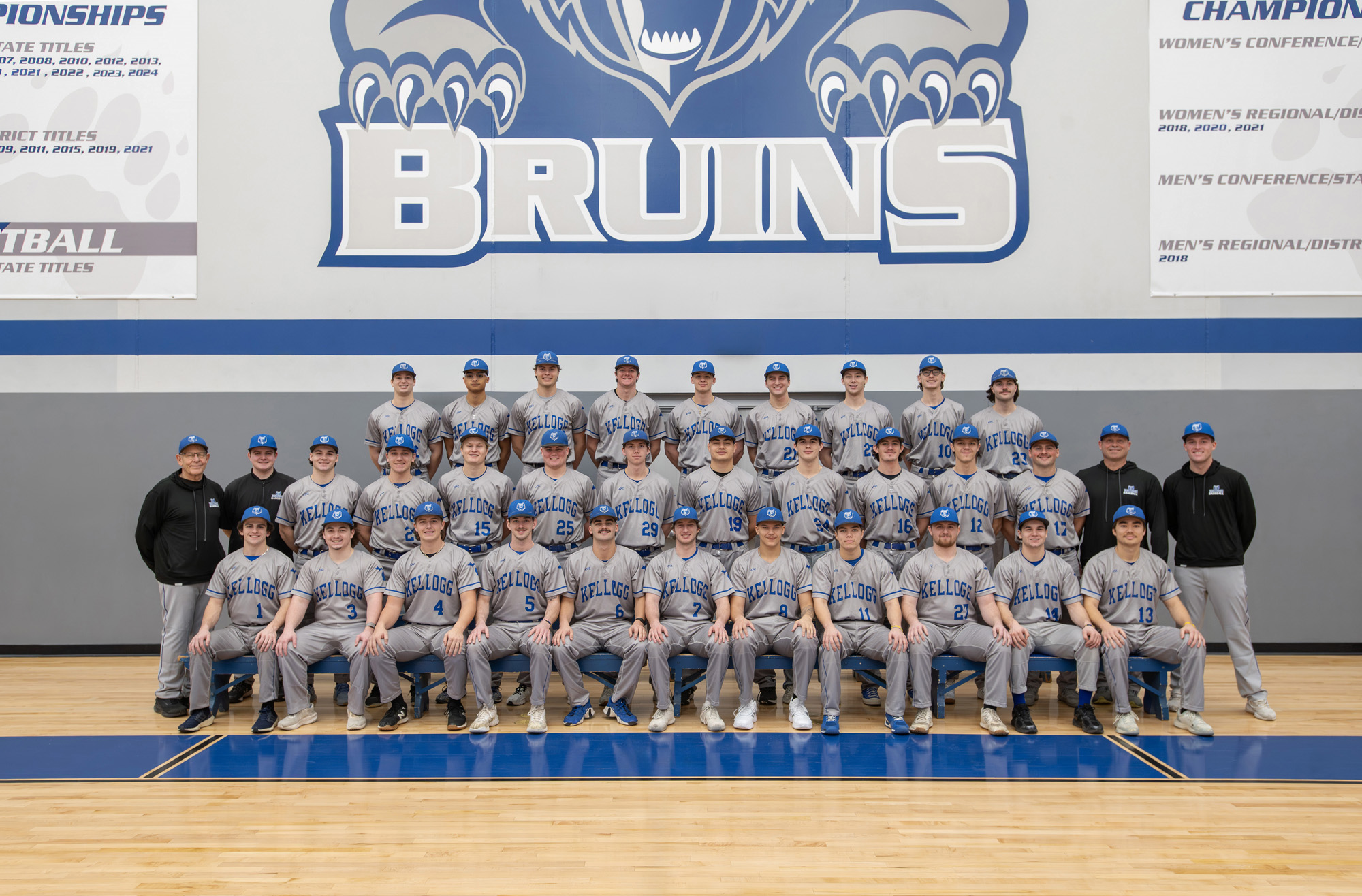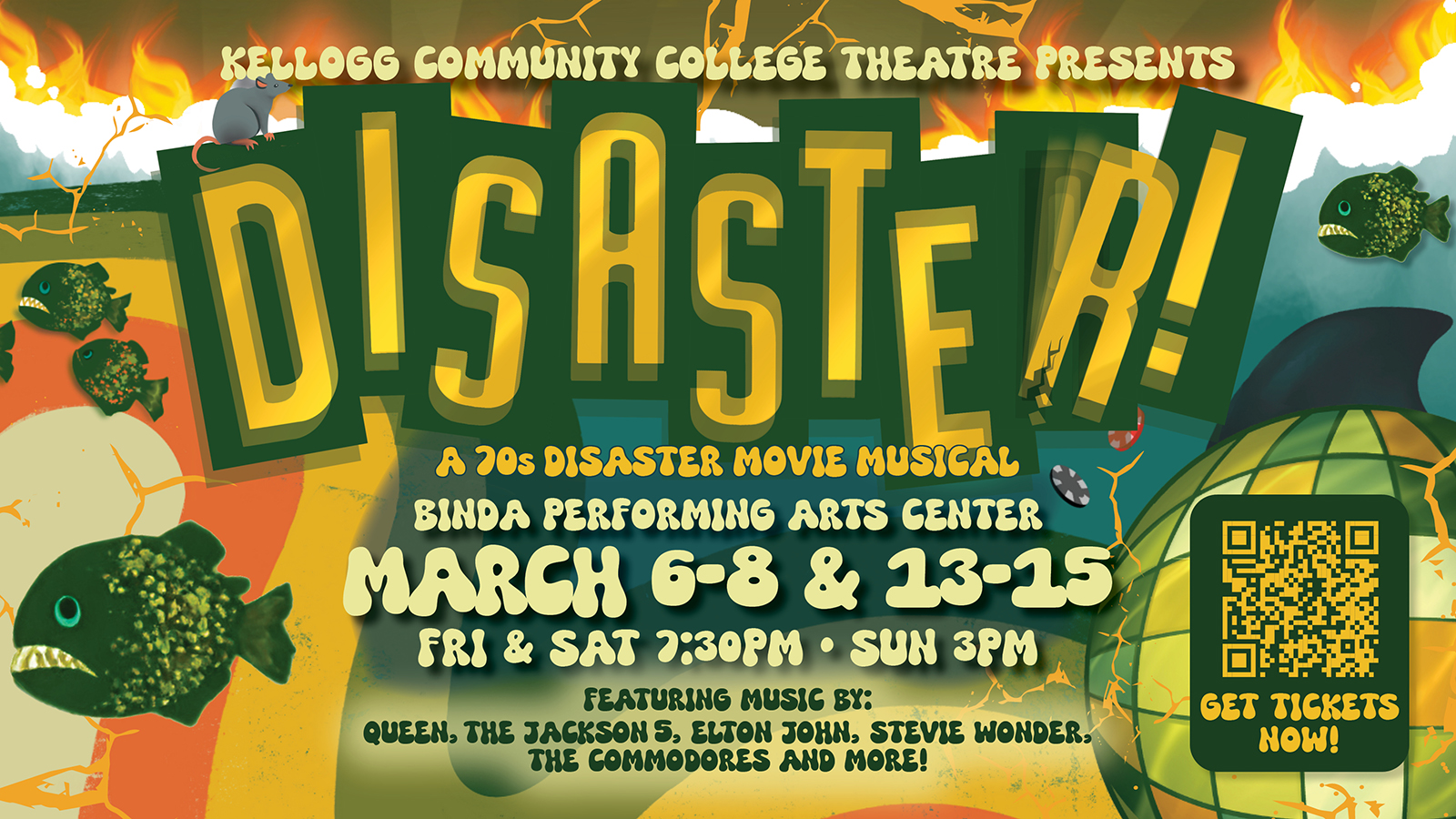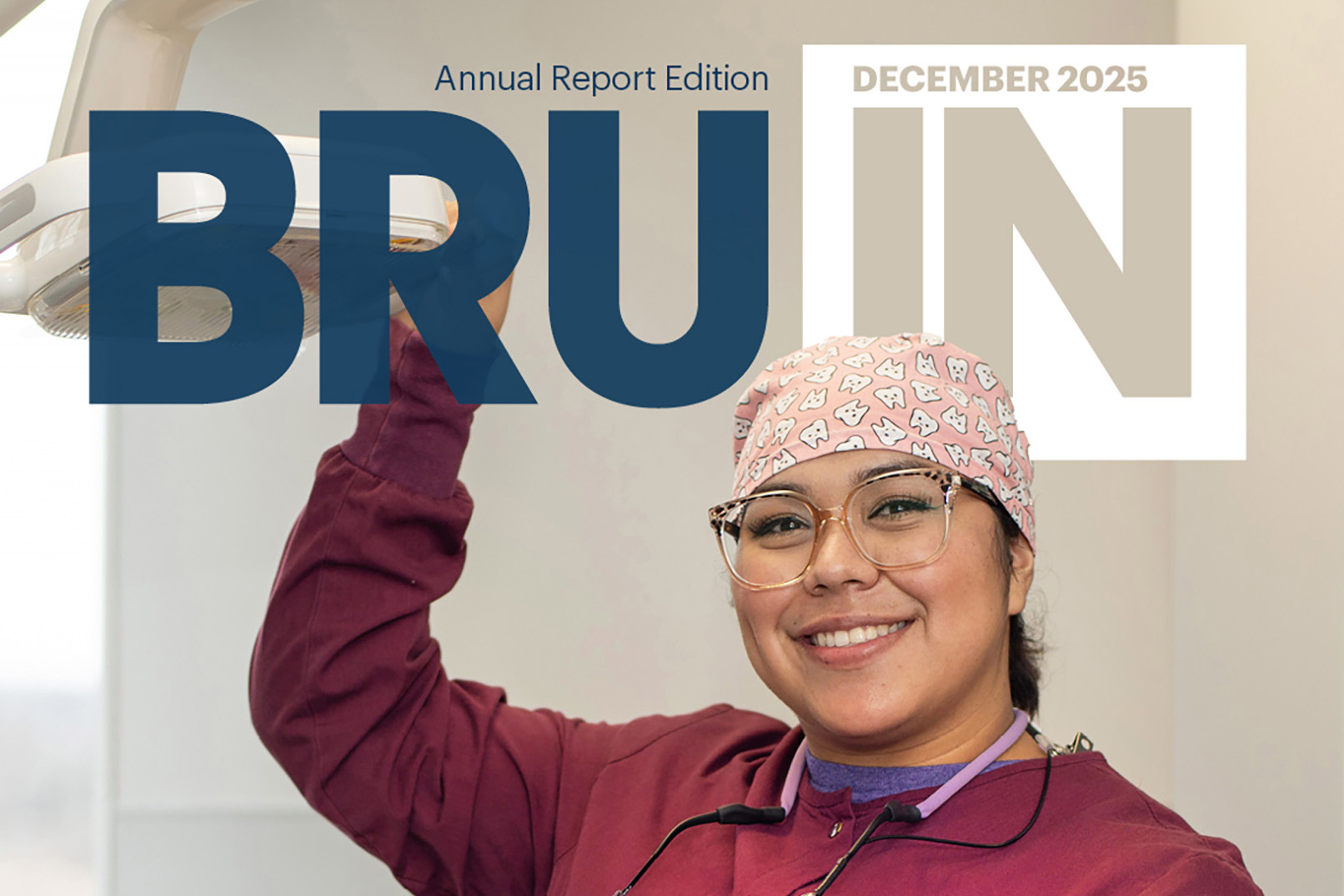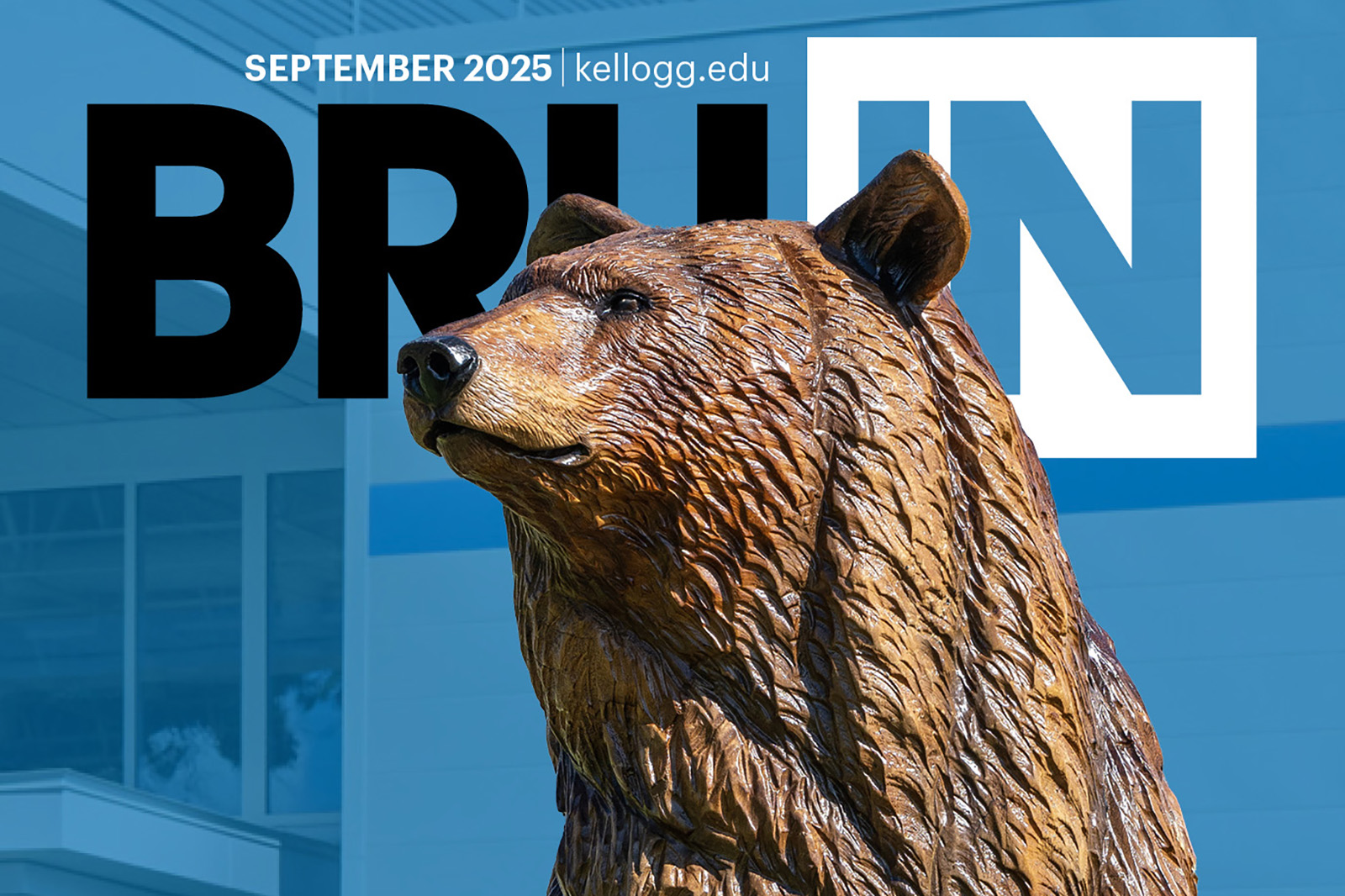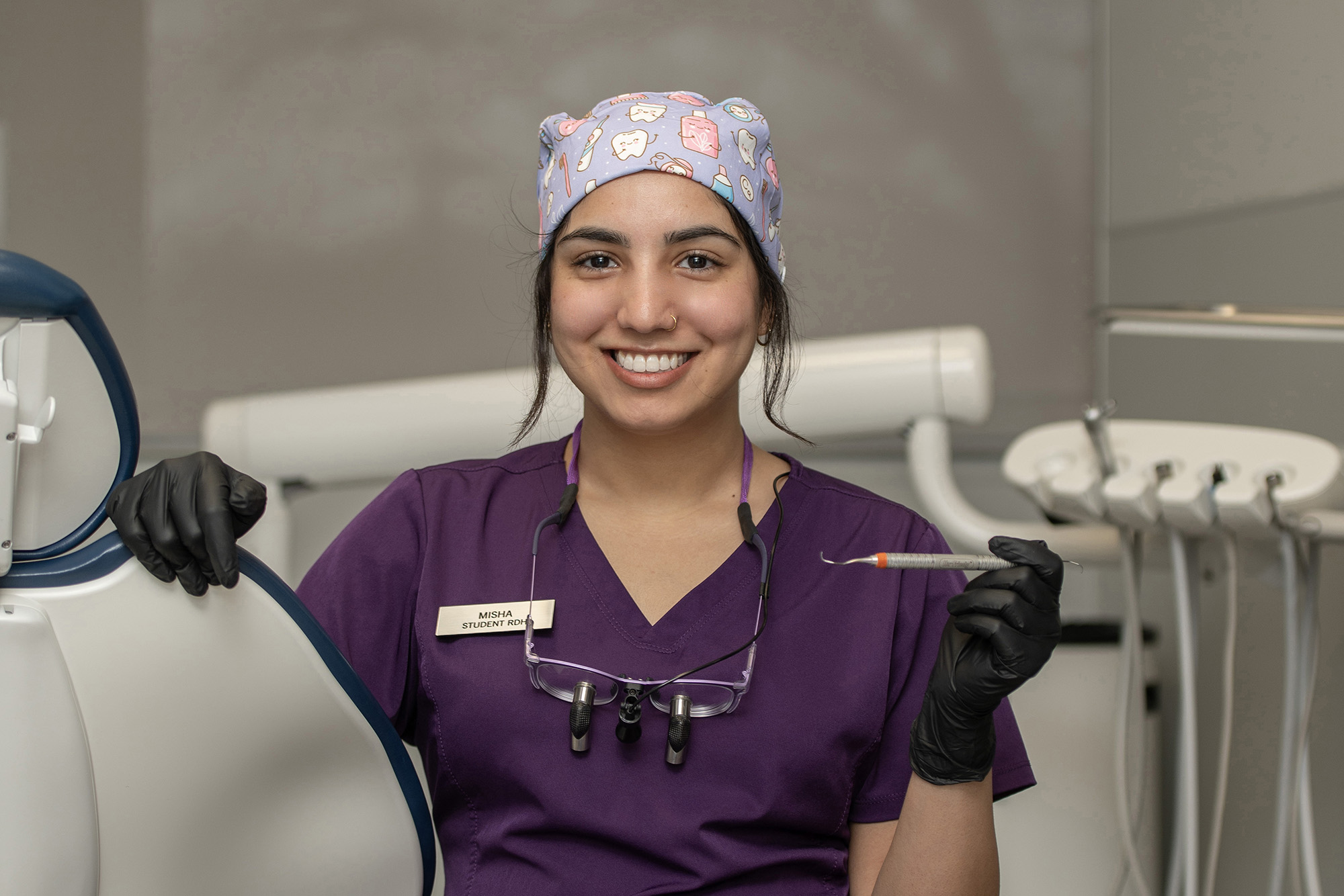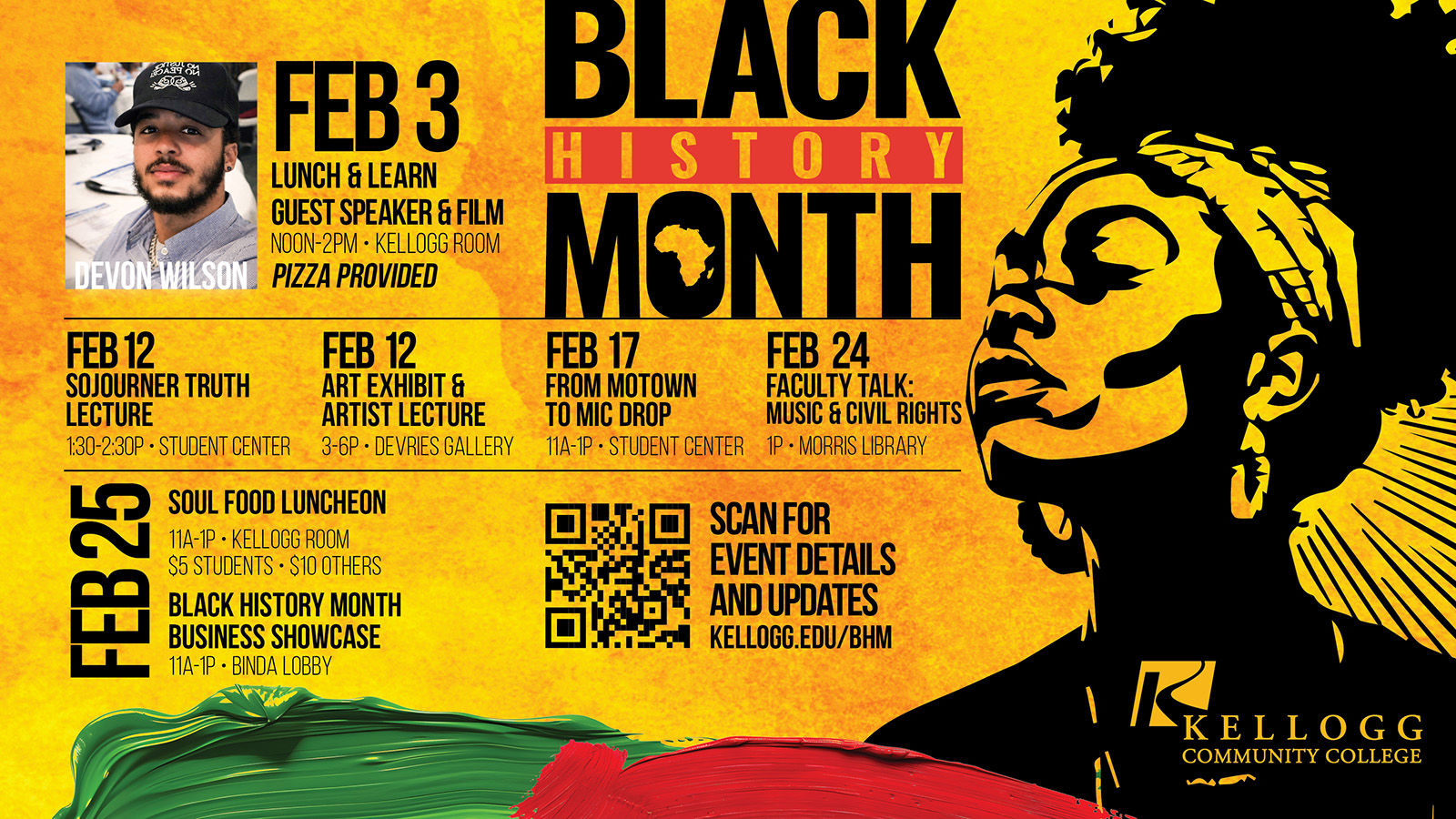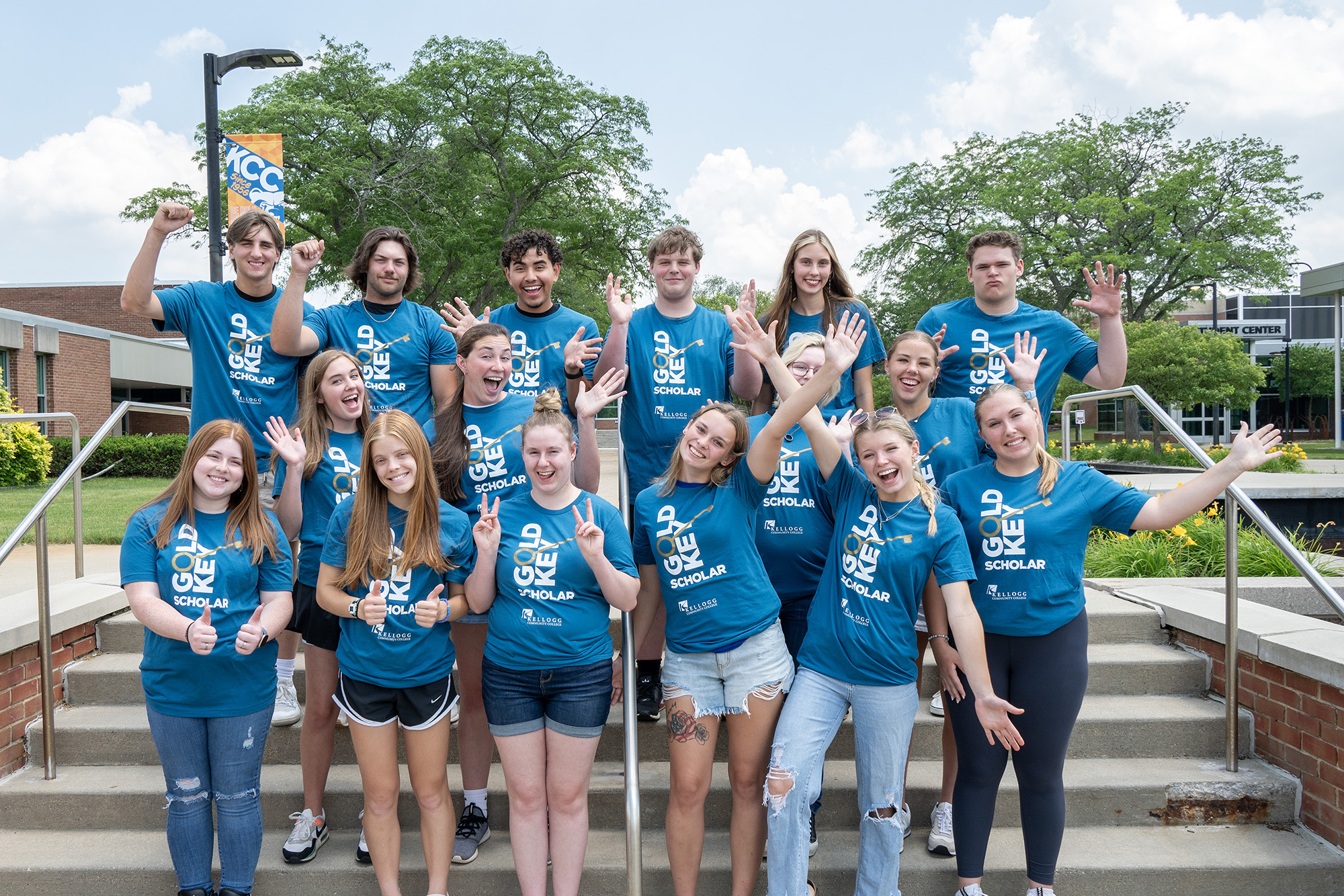Registration for the Fall 2018 semester is open now! For information about signing up for fall classes, visit www.kellogg.edu/registration. To apply to KCC online for free, visit www.kellogg.edu/step1.
Interested in math? Need to complete your general studies math or transfer credits? Here’s a list of several math (MATH) and Transitional Studies Math (TSMA) classes offered at Kellogg Community College during the Fall 2018 semester.
For a complete list of Fall 2018 semester classes offered at KCC, visit www.kellogg.edu and click on “Class Schedules” in the top menu to search for sections.
MATH 102: Practical Algebra (4 Credits)
This course is designed for students pursuing a field of study outside of mathematics, science and engineering. Mathematical application will be an emphasis and real-life applications will be presented in disciplinary and career context when appropriate. Topics include: a review of operations with integers and rational numbers, ratios and proportions, percent, solutions of linear and quadratic equations, graphs of linear and exponential functions, linear and exponential models, introduction to data and measures of central tendency.
MATH 105: Beginning Algebra (4 Credits)
Course content includes operations on integers and rational numbers, geometric formulas, algebraic expressions, solutions of linear equations and inequalities, graphs of linear equations and linear systems, systems of linear equations in two variables, polynomials and factoring, rational expressions and equations, and radical expressions and equations.
MATH 111: Mathematics for Elementary Teachers (4 Credits)
This course is designed for students majoring in elementary education and to give mathematical understandings and skills necessary to teach in elementary schools. Logical developments and structure are emphasized throughout. Topics included are sets, natural numbers, integers, rational numbers, irrational numbers, numeration systems, calculator applications, and selected topics from number theory. Students are recommended to have a scientific calculator. Specifications will be discussed by the instructor.
MATH 115: Math for Liberal Arts (4 Credits)
This is a liberal arts mathematics course designed primarily for students whose programs of study have no further mathematics requirements. Its purpose is to develop an awareness of the use of mathematics in the world around us. Emphasis will be on the communication of mathematical ideas, problem solving, applications and the historical nature of mathematics. Specific topics for this course include: logic and reasoning, mathematics of finance and investment, probability, statistics, graph theory and geometry.
MATH 118: Applied Algebra/Trigonometry 1 (3 Credits)
This course includes the following topics: scientific notation, review of basic algebra, solution of linear equations, graphing of algebraic functions, introduction to trigonometry, solution of right triangles, vectors, graphs of trigonometric functions, solution of oblique triangles. Laboratory experiences will be used in this course to show direct applications. Students are required to have a graphing calculator. Specifications will be made by the instructor. Designed for students in technical, occupational fields.
MATH 119: Applied Algebra/Trigonometry 2 (3 Credits)
This course is a continuation of MATH 118 and includes the following topics: complex numbers, trigonometric identities, solution of trigonometric equations, solving systems of linear equations, rational expressions, solution of rational equations, solution of quadratic equations, logarithmic and exponential functions. Students are required to have a graphing calculator. Specifications will be made by the instructor. Designed for students in technical, occupational fields.
MATH 125: College Algebra (4 Credits)
Topics included are subsets of the number system, relations and functions, linear systems of equations, polynomials, rational expressions and equations, exponents and radicals, complex numbers, polynomial equations, exponential and logarithmic functions and equations, applications, conic sections, matrices, binomial expansion and families of functions of graphs.
MATH 130: Statistics (3 Credits)
A study of basic descriptive statistics, introduction to probability, probability distributions, sampling theory, hypothesis testing, analysis distributions, sampling theory, hypothesis testing, analysis of variance, and linear correlation and regression. Students are required to have a graphing calculator. Specifications will be made by the instructor.
MATH 132: Trigonometry (3 Credits)
This course is a study of trigonometric functions, their inverses and graphs, identities, equations, radian measure, and solution of triangles. Students are required to have a graphing calculator. Specifications will be made by the instructor.
MATH 140: Preparation for Calculus (4 Credits)
Topics in this course include: introductory plane geometry, algebraic functions and their graphs, introduction to theory of equations, combinations and binomial theorem, exponential and logarithmic functions, trigonometric functions, and arithmetic and geometric sequences. Students are required to have a graphing calculator. Specifications will be made by the instructor.
MATH 141: Calculus 1 (5 Credits)
Topics in this course include: limits, differentiation of algebraic and transcendental functions, the definite integral, fundamental theorem of calculus, and applications. Students are required to have a graphing calculator. Specifications will be made by the instructor.
MATH 241: Calculus 3 (4 Credits)
Vector calculus, partial derivatives, multiple integrals and applications.
TSMA 25: Basic Math (3 Credits)
Students in this course will develop the basic math skills needed to be successful in Pre-Algebra and Algebra. After diagnosis, through testing and/or consultation, the instructor will provide a schedule of learning activities and testing for each topic in the student’s program of study. The instructor is available to provide individual help for the students.
TSMA 30: Basic Math Boot Camp (1 Credits)
This course provides targeted basic math content in an accelerated, one-week format. Students in this course will develop the basic math skills needed to be successful in Pre-Algebra and Algebra. After diagnosis, through testing and/or consultation, the instructor will provide a schedule of learning activities and testing for each topic in the student’s program of study. The instructor is available to provide individual help for the students.
TSMA 45: Pre-Algebra (3 Credits)
Students will learn the skills they need to be successful in a Beginning Algebra course. The course includes an introduction to integers and rational numbers, order of operations, variable and algebraic expressions, linear equations, graphing, application problems, proportions, geometric formulas and basic computation of polynomials.
The first Fall 2018 classes start Aug. 30, and the semester ends Dec 17. For information about signing up for fall classes, visit www.kellogg.edu/registration. For more information about studying math at KCC, visit www.kellogg.edu/mathematics.




